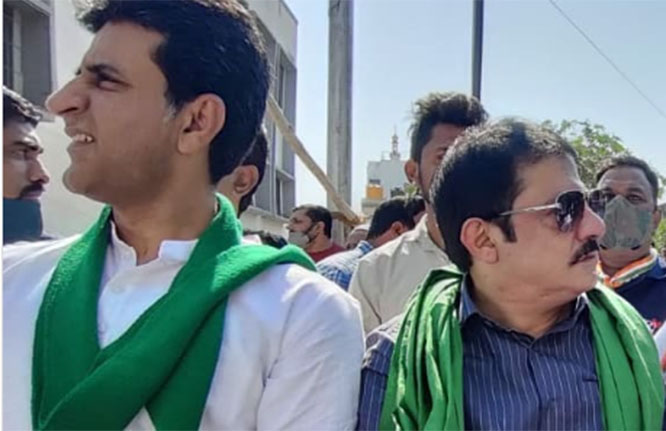
The Iranian Army Chief Commander Major General Abdolrahim Mousavi says the country will not hesitate to give a “stormy and unified” response to any act of aggression against it.
In a Monday message marking the National Army Day, Mousavi said great defensive measures of the country’s Army and Armed Forces have resulted in strong deterrent power.
Iran has conveyed its message of power to the world in a way that the world has realized that the Iranian Armed Forces will give a “stormy and unified” response to any aggression against the country’s national interests, borders and security, he added.
The top commander noted that Iran’s firm response to an act of aggression by the usurping Israeli enemy against its diplomatic premises in the Syrian capital of Damascus brought joy to oppressed nations, especially the resilient people of Palestine and Gaza.
Mousavi emphasized that the retaliatory strikes, dubbed Operation True Promise, revealed only a part of the capacity and strong will of the Iranian Armed Forces and were carried out in cooperation among the Islamic Revolution Guards Corps (IRGC) Aerospace Division, the Army, and the Defense Ministry.
He said the Army has played a key role in strengthening the country’s defense power, independence and lasting security by implementing various measures.
It has constructed strategic drone and underground tactical bases and made hundreds of modern defense achievements in the land, air, sea and space sectors in addition to advancing in the fields of science and technology, he explained.
Now the enemies lack the courage to carry out any act of aggression against the Islamic establishment and the noble Iranian nation, the top commander said.
He added that Iran has staged several joint military drills to enhance national security and dignity.
The Israeli airstrikes on Iran’s embassy compound in Damascus killed two generals of Iran’s Islamic Revolution Guards Corps (IRGC), Brigadier General Mohammad Reza Zahedi and General Mohammad Hadi Haji Rahimi, as well as five of their accompanying officers.
In response, on Saturday night, the IRGC targeted the Israeli-occupied territories with a barrage of drones and missiles. The extent of the damage on Israeli military bases across the occupied territories is yet to be specified.
Following the reprisal, Iran warned Israel against taking any retaliatory actions and also urged the US to try not to involve itself in the conflict and signaled that it viewed the matter as “concluded.”









Comments
Add new comment